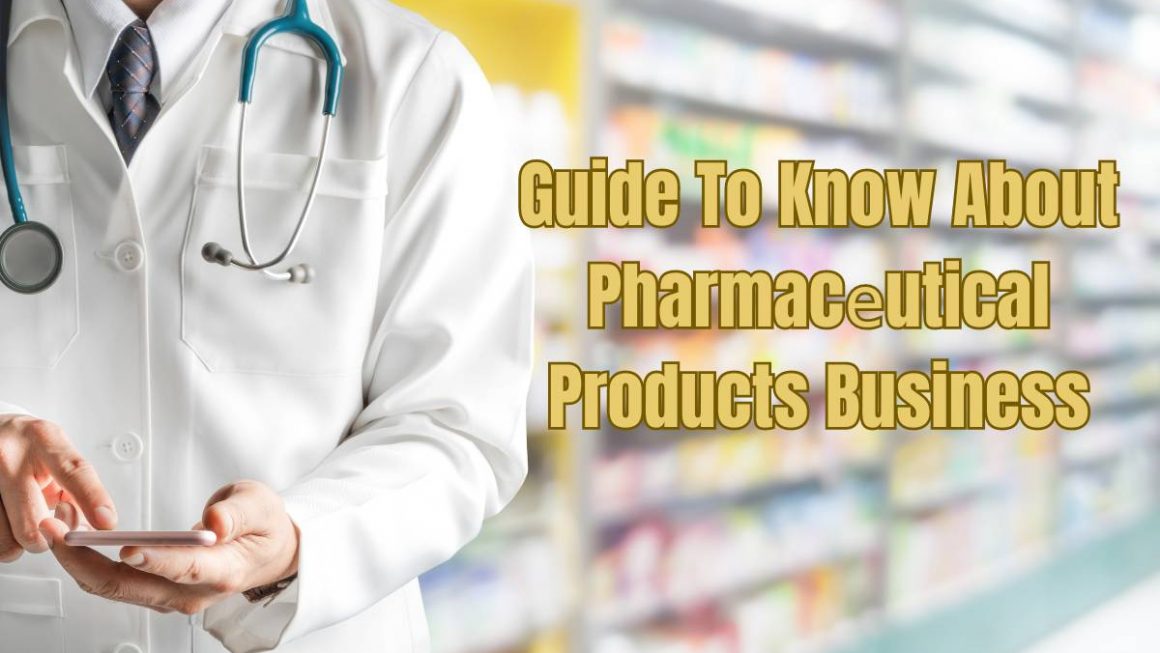Pregnancy is a beautiful time in any woman’s life. However, there are certain things that you have to be careful about during this time. One of those things is taking medicines. Many women do not know the impact some drugs can have on their fetuses and therefore take them during pregnancy
While some drugs are entirely safe to take during pregnancy and may even be prescribed by your doctor, others pose a high risk for pregnant women and even cause death. But as per CDC, four in five maternal deaths are preventable. We list out some critical high-risk medicines below.
Painkillers
Acetaminophen is the most common painkiller, and it can be harmful to the fetus. It can cause congenital disabilities and liver damage in adults. Use acetaminophen with caution if you’re pregnant or planning to become pregnant. It’s safe in small doses but not at high doses required for effective pain relief during pregnancy.
Otherwise known as paracetamol, acetaminophen is a medication for fever reduction and mild to moderate pain relief, including headaches, toothaches, and menstrual cramps. The drug is available over the counter under various brand names, including Tylenol and Anacin-3. It also comes in combination products with other medicines like codeine or aspirin.
According to the European Journal of Epidemiology, kids exposed to acetaminophen prenatally are 21 percent more likely to have ADHD symptoms subsequently. It is the whole reason behind the Tylenol ADHD Lawsuit that was filed against the makers and distributors of Tylenol, which contained acetaminophen.
Sleep Aids
According to a Sleep Health study, 37.3% of women experience insomnia during the second trimester. Sleeping pills are a common solution for insomnia. But these medications can have serious risks and side effects for the mother and the developing fetus.
For instance, with the sleep aid Ambien (zolpidem), there is evidence that it causes fetal abnormalities in rats and mice. Additionally, studies have shown links between zolpidem use during pregnancy and withdrawal symptoms in newborns. It means that when you stop taking this medication while pregnant or breastfeeding, it may cause your baby to experience withdrawal symptoms similar to what you felt when you stopped taking it.
It’s also worth noting that pregnant women who take sleeping pills tend to develop depression more often than those who do not. And since depression is a significant trigger for drug abuse, this could lead some women down an unhealthy path.
Decongestants
While it’s not recommended that you use decongestants during pregnancy, they are becoming more popular in the United States. While they can be helpful for a short period, they are unsuitable for your baby. If you choose to take these medications during pregnancy, be sure only to take them for a short period, and always consult your doctor first.
Decongestants can cause congenital disabilities in your baby if taken during the early stages of pregnancy. They can also cause irritability and colic in newborns after birth, as well as trouble sleeping at night, which may lead to low weight gain later on down the road when your child grows into an adult.
Antibiotics
Antibiotics are medications that treat bacterial infections. They are usually given to you by your doctor to treat a specific illness, such as strep throat or an ear infection. But they can also be used to prevent certain types of infection, such as pneumonia caused by Streptococcus pneumoniae.
Antibiotics have been shown to cause congenital disabilities and miscarriage in animals who consume them during pregnancy. These studies were done with the antibiotic doxycycline; however, other antibiotics may cause similar effects on humans.
It is important to note that some women need antibiotics during their pregnancy because they have a condition where they cannot fight off infections without them. If you require antibiotics while pregnant, you must talk with your doctor before taking them so they can help determine if there are any safer alternatives available for treating your condition without risking harm to yourself or your baby.
Common Cold Medicines
Common cold medicines have been known to contain harmful ingredients to a developing fetus. If you feel a cold coming on, your best bet is to take vitamin C as soon as possible. It will help fight the virus and reduce your risk of developing symptoms.
If you must take a cold medicine during pregnancy, ensure it’s labeled “safe for pregnancy.” Be aware that over-the-counter (OTC) medications can vary in the amount of active ingredient they contain, so read labels carefully and look for those that say “expectant mothers” or something similar before using them.
During Pregnancy, Medicines Taken by the Mother Can Cross the Placenta and Reach the Fetus
While pregnant, a woman’s body is prepared to nurture her growing baby. Unfortunately, this also means that medications taken by the mother can cross the placenta and reach the fetus.
There is a risk that the fetus could be exposed to the side effects of certain medications. The FDA has approved 20,000 prescription medicines for marketing, but as you can tell by now, you can only consume any medicine only after consulting a doctor and especially if you are pregnant.
The mother may not be aware of these potential risks if she does not consult a doctor first before taking any medication during pregnancy. It is essential that before taking any medication while pregnant or breastfeeding, you should consult your doctor first to avoid any complications caused by drug exposure during pregnancy and breastfeeding.
Conclusion
For pregnant women, the health of their babies is the most critical factor to consider when taking any medication. You must consult with your doctor or midwife before taking any new drug or treatment in pregnancy so that they can weigh up any potential risks and benefits for both you and your baby.












